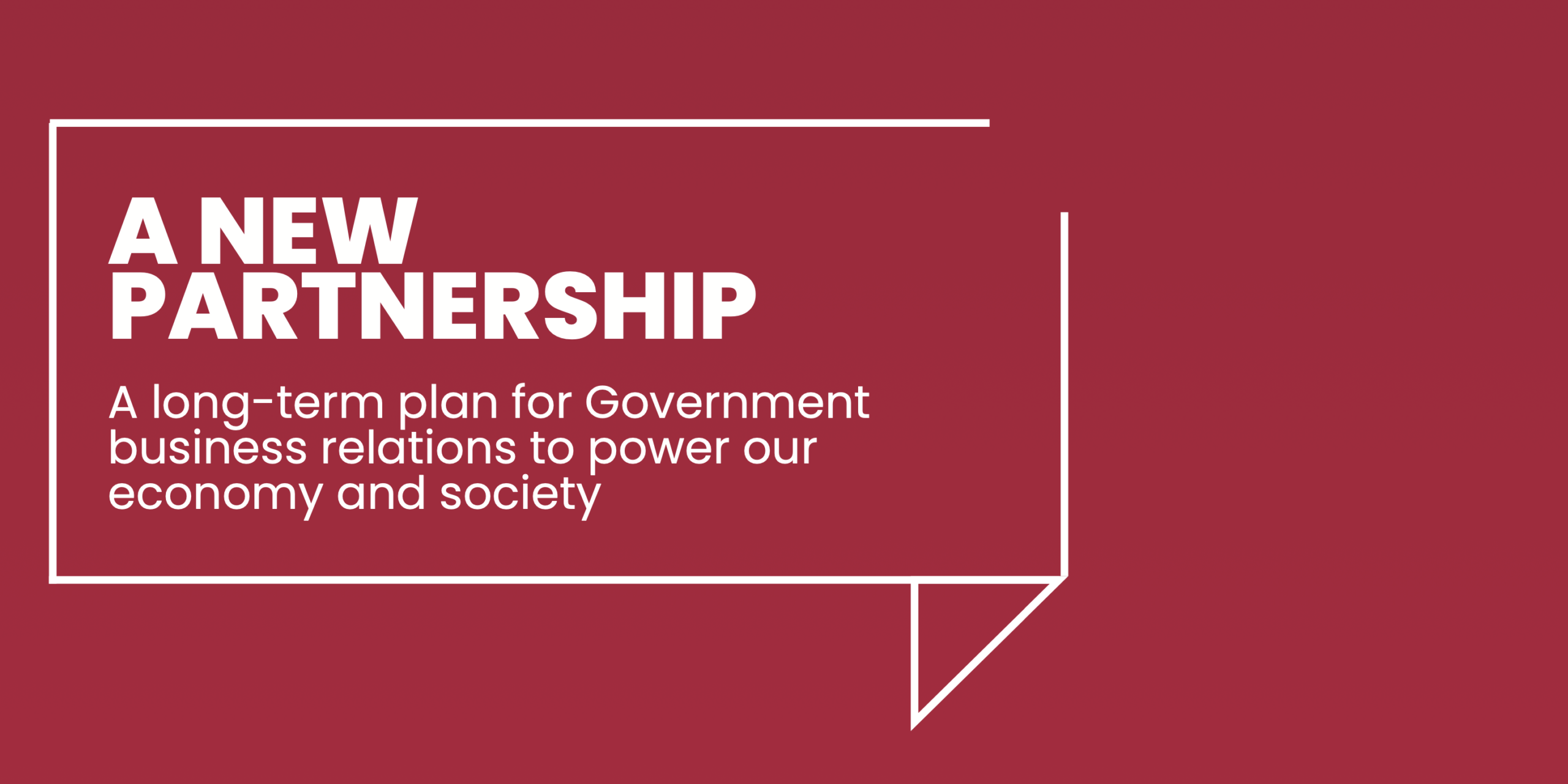A New Partnership: A long-term plan for Government business relations to power our economy and society

Business is of critical importance to our country, providing the jobs, growth, goods and services we all rely on. And Labour believes business has even more to offer.
Their expertise, real world experience of problem solving, and deep connections to their communities make businesses of all sizes an essential partner if we are to turn Britain around from over a decade of poor performance.
To hardwire that experience into Government, Labour will do things differently. Too often businesses tell me the Government only listens when it wants something or something has gone wrong.
That will never be the recipe for an enduring partnership.
This report is an important step in putting the voice of business at the heart of government.
For Labour, business engagement is not about vested interests or prioritising the voice of corporate Britain over ordinary working people – it is about getting a diversity of voices in the room so we can deliver the good jobs, higher wages and better public services British people deserve.
Every day in Britain businesses are contributing to our society. Any Government must harness that experience and ensure the lessons of those who trade, make, and sell in Britain are what informs clear, consistent policy.
Here are the five key findings of this report:
- More co-ordination from the heart of government to deliver a world class standard for engagement and ability to measure success in order to achieve the right outcomes for the economy.
- Long-term relationships between government and business need to be fostered and the ‘spin cycle’ of both political appointments and policymaking should end.
- Engagement should be open and transparent, sourcing the best ideas for our economy and society – not just the ideas of those with proximity to power.
- Tackling the UK’s Foreign Direct Investment problem should be a priority in order to make the UK the best place to invest and start a business.
- Labour’s Five Missions should be embedded throughout engagement to ensure business and workers can effectively contribute to a new government’s agenda. Review existing structures and remove ‘talking shops’ by allowing earlier and ongoing consultation ahead of policy change.
- More dialogue between our systemic regulatorsand Ministers from Number 10, the Treasury, and the Department for Business and Trade is called for to join up policy interventions.
Read Labour's long-term plan for Government business relations in full

This independent review has been led by Iain Anderson, Founder and Executive Chairman of H/Advisors Cicero, Non-Executive Director at Innovate Finance and Non-Executive Director of the University of St Andrews. Iain has almost 30 years’ experience building an SME into a global business and working to enhance dialogue between business and policymakers at all levels. This review has been conducted in a personal capacity.
The Shadow Business and Trade Secretary, Jonathan Reynolds MP, commissioned this independent report – ‘A New Partnership’ – to seek to engage directly with business at all levels in society to establish a new model of business and government relations and seek to describe how this new approach might come about.
This review has engaged directly with FTSE 100 and FTSE 250 entities; SMEs; representatives from the third sector; domestic and international players; business leaders across our Nations and regions; our new economy emerging firms and startups; business groups and those who work in our world leading academic institutions. The aim of the review has been to incorporate every part of the economy.
The Review has asked the following core questions:
- Labour has already announced a number of structures for engaging with business if it were to form the next government. What do you think is critical to make these work effectively? Are additional groups or structures needed?
- How do you think Keir Starmer’s focus on Mission-led Government should shape the way in which Labour structures its relations with business if it were to form the next government?
- How can business relations be embedded across all of government reflecting the cross-government nature of the missions?
- What in your experience of business and Government relations works most effectively and what approaches do not work well or create barriers to effective relationships? How does this differ for policy development, investment and commercial transactions?
- How could a future Labour Government best reflect its pro-worker, pro-business agenda?
- How do we ensure small and large businesses can both have a voice with government?
- What can we learn from international best practice?
Volunteering with Labour
Help us win
Be part of the team that delivers a Labour government.
